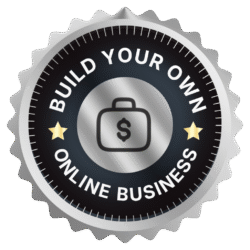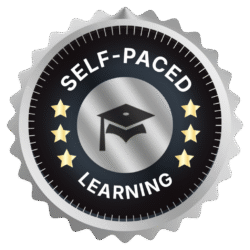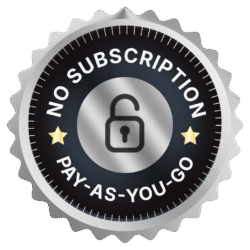You Don’t Need to Be an Expert to Start an Online Business
It’s easy to feel overwhelmed by the idea of launching an online business—especially when marketing articles, courses, and “gurus” make it sound like you need years of experience or a tech degree. But the truth is that you can build a successful online venture without being a “digital expert.” You simply need clarity of purpose, a few foundational skills, and the confidence to take imperfect action.
Why Expertise Isn’t a Requirement
Most people assume that to compete online, you must already know how to code, master advanced analytics, or have a deep portfolio of past results to show clients. In reality, those traits can be learned along the way. What truly matters at the start is:
- A Clear Goal
Whether you want to generate leads for local service providers or capture e-commerce sales, define what success looks like. That clarity guides every decision, from the platforms you choose to the messaging you craft. - A Niche and an Offer
You don’t need to guess what customers want. Pick a narrow niche—such as small home-service businesses in your city or online coaches looking for new students. Then decide on a straightforward offer: providing qualified prospects, sharing industry insights, or helping them build basic visibility. With those two pieces in place, you’ve already laid the foundation for a sustainable model. - Willingness to Learn
You won’t know everything on day one—and that’s okay. Online tools and platforms often include step-by-step guides, videos, and templates to get you started. The key is to follow a structured approach: learn one concept, apply it, measure the result, and then move on to the next lesson.
The Simplest Path to Getting Started
Building an online presence can be broken down into three high-level stages:
- Visibility
Attract attention from people who might need your service. This could mean posting a basic landing page, sharing a short social-media message, or optimizing a listing so that local searchers see you first. You don’t need complicated design or infinite content—just enough to let people know you exist and can solve their problem. - Engagement
Once someone lands on your page or profile, they need a reason to trust you. At this stage, simple credibility signals—like a concise explanation of who you are and why you’re different—go a long way. You don’t need glossy videos or lengthy whitepapers: a few clear sentences about how you help, and an invitation to learn more, can create momentum. - Conversion
When someone is ready to take the next step—contact you, sign up for a newsletter, or request a quote—they need a frictionless way to do so. Offer a clear call-to-action (for example, “Enter your email for a free consultation,” or “Click here to schedule a 10-minute discovery call”) and a quick, straightforward form. The goal is to make saying “yes” as easy as possible.
At each stage, your focus should be on clarity rather than depth. You don’t need 10 blog posts or multiple ad campaigns to begin. One concise page, one concise message, and one method for prospects to reach you will suffice to test demand and build confidence.
Common Fears and How to Overcome Them
- “What if I don’t know enough?”
Nobody starts as an expert. Your first clients will expect you to learn and improve over time. Be transparent: let them know you’re building a system that evolves based on feedback. Most businesses appreciate honesty and effort more than perfection. - “What if I fail?”
Failure is simply feedback. If your initial offer doesn’t resonate, adjust the messaging or try a different niche. Online entrepreneurs who succeed aren’t those who avoid missteps—they’re the ones who adapt quickly. - “I’m not a great writer or designer.”
You don’t need to produce polished copy or professional graphics at the start. Use free or low-cost templates, swap in stock images, and write in a conversational style. Over time, you can refine your materials based on real-world responses.
Why Taking Action Beats Endless Preparation
The single biggest advantage you have is momentum. While others are researching the perfect platform or debating whether a landing page should have five fields or three, you can be out in the market collecting data:
- Which headlines draw attention?
- What questions do potential clients ask?
- Which messages lead to a conversation?
Every minute spent hesitating could be driving away a customer who’s already searching for a solution. By creating a simple version of your business—one that’s “good enough” to test—you’ll learn more in a weekend than months of theory ever provide.
Turning Beginner Skills into Lasting Assets
As you move forward, the basic skills you’ll pick up (setting up a simple website, running a small-scale ad, sending targeted follow-up emails) are transferable. They apply to any online model:
- Generating leads for local professionals
- Selling digital courses or memberships
- Launching consulting services
These are evergreen abilities: once you learn to attract and engage an audience, you can replicate the process again and again, in different niches and with evolving tactics.
Final Thoughts
You don’t need to be an expert to start an online business. You need curiosity, clarity, and the discipline to keep improving. Focus on what truly matters first—getting in front of real people who need what you offer—and let the details refine themselves as you gather feedback. With each small step, your confidence grows, your skills sharpen, and your business begins to take shape. Take the first action today, and let success become your best teacher.









